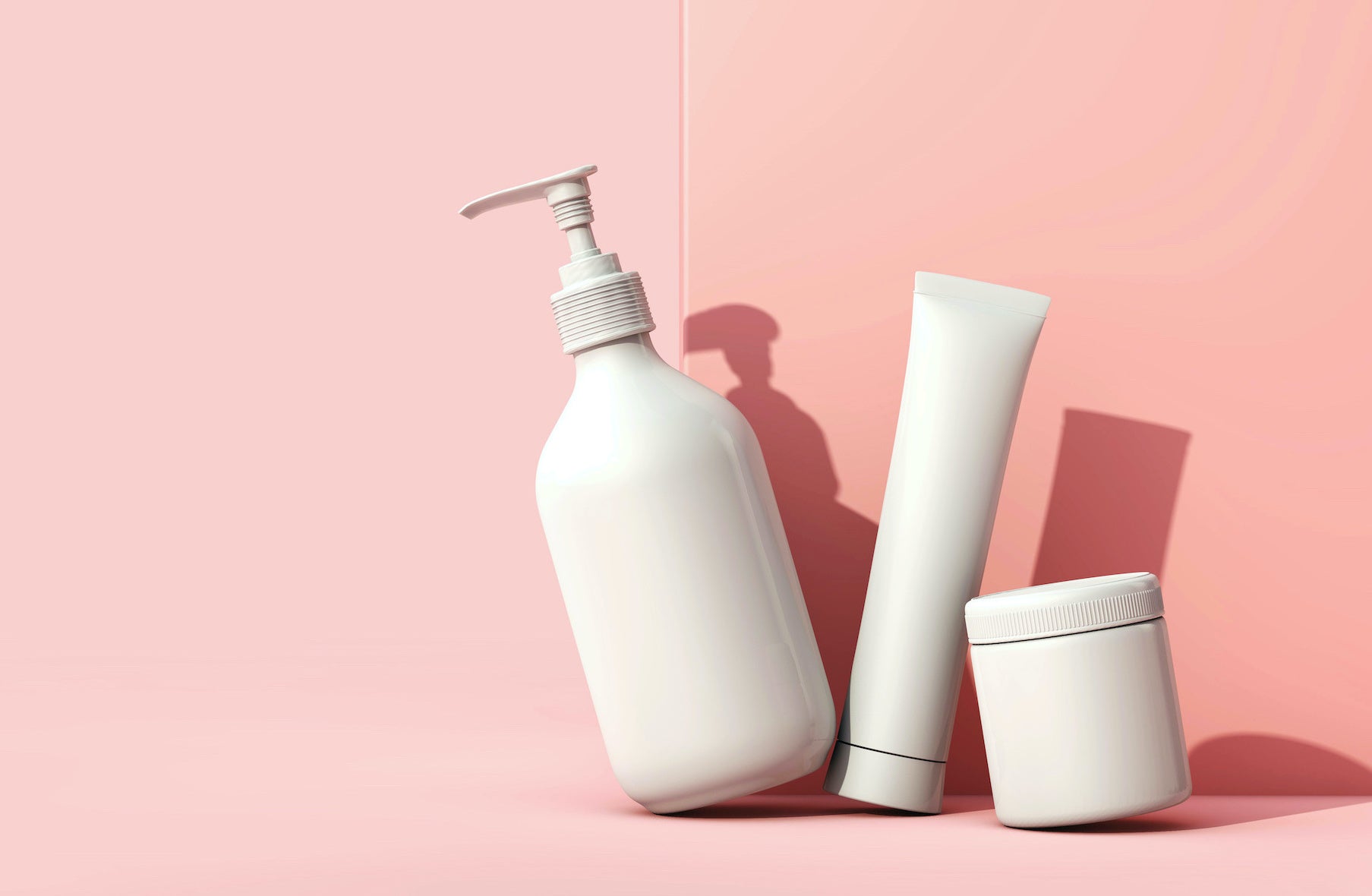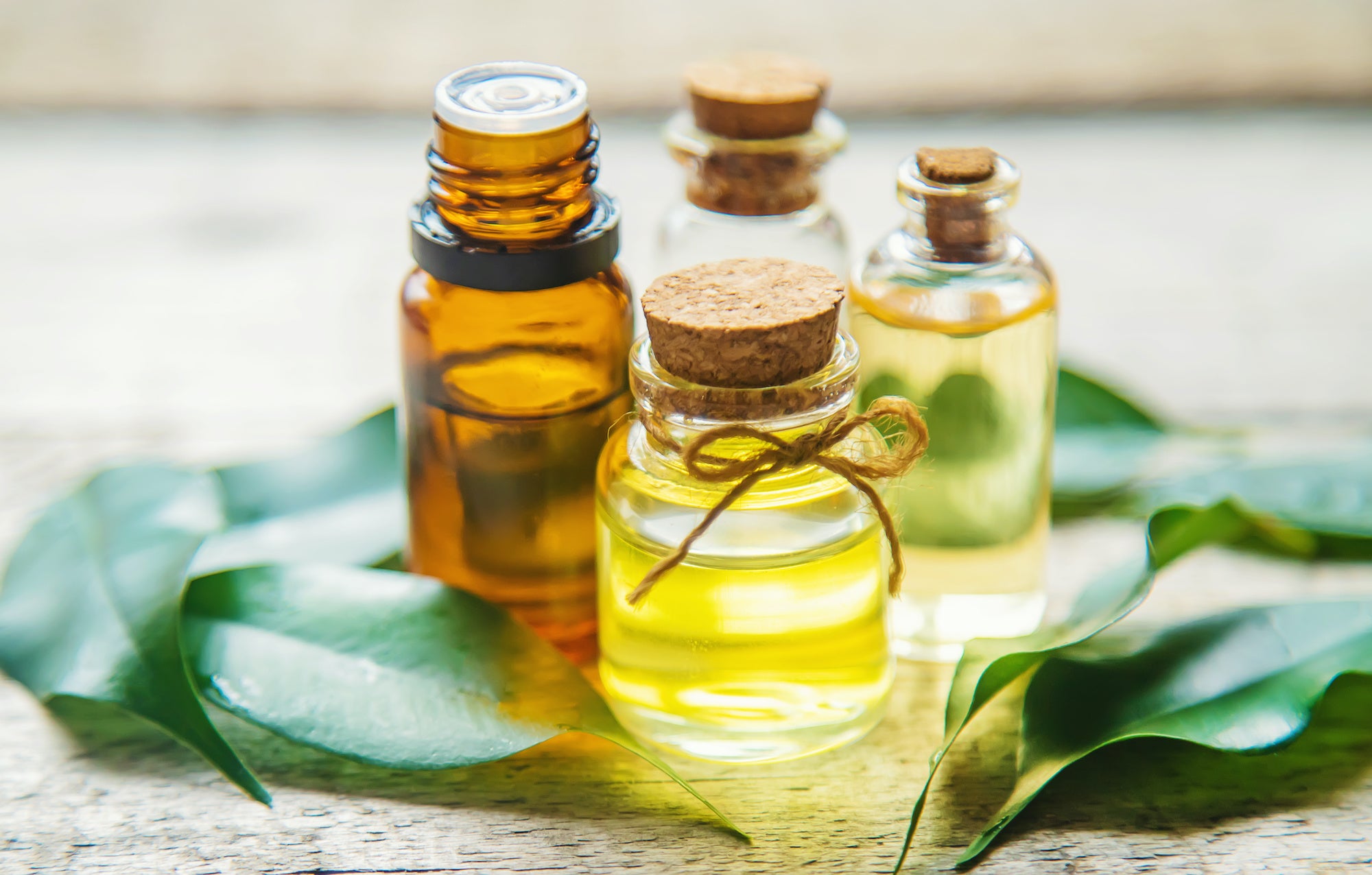
Is Your Skincare Lying to You? Decoding the Claims on Your Product Labels
The world of skincare can be a wild and complicated landscape, full of vague claims and misleading promises. Product labels should be helping us navigate this landscape, but do all their helpful buzzwords mean anything?
Today, we want to break down a few common cosmetic terms, so you can make informed decisions about the products in your skincare routine. We only get one face in this life — better treat it right!
1. Alcohol-Free
“Alcohol-free! There must be no alcohol at all in this product! That’s good because all alcohols are harsh and will strip my skin of its moisture!” ...Won’t they?
Contrary to popular belief, not all alcohol is bad for your skin. There’s a whole group known as “fatty alcohols,” which can help your skin absorb moisture and aren’t even covered under the “alcohol-free” label. Since they’re beneficial, rather than irritating, there’s no real need for them to be regulated.
The FDA reveals that the “alcohol-free” label visible all over the skincare market is referring to one specific alcohol: ethyl alcohol, aka ethanol or grain alcohol. Ethanol is used in products as a preservative or to leave you feeling tightened and refreshed.
Sounds good, right? However many brands are too heavy-handed with ethanol in their formulations or use cheap-grade ethanol to cut costs. These practices result in products that dry out your natural oils, sometimes to the point of flaking and irritation.
At Averr Aglow, we only use ethanol in tiny concentrations as a carrier for naturally toning witch hazel. We also don’t cut corners to save a penny: our gluten-free and non-GMO ethanol is of the highest purity, sourced within the United States, and meets all Natural Grain USP, BPC, and NFXI standards. It’s even safe for sensitive skin! Just check out the rave reviews on our Clear Skin Elixir and Radiant Cleansing Nectar.

So, next time you’re skimming the ingredients list of a new skincare product, remember that seeing “alcohol” listed is not an immediate deal-breaker. What kind of alcohol is it, and how much is being used? It may be worth taking the time to dig deeper!
2. Anti-Aging
Anti-aging is an exciting concept. After all, no one is in a hurry to get older.
Society constantly tells us that we should be striving for eternal youth. So when we see a product that claims “anti-aging” properties, of course, we’re going to buy it! But some of us may be taking this label a little too literally.
Real talk: No cream or serum in the world is going to stop you from aging. There is no secret ingredient that will let you Benjamin Button your way back to your ideal youth. Rather, “anti-aging” describes products that slow or hide the physical signs of aging, like wrinkles and sagging skin.
But you know what? That’s okay! We’re all getting older. It’s just a part of life.
Instead of stressing out about fine lines and the inevitable march of time, why not focus on a skin-positive routine? Our preventative aging line focuses on nourishing your skin with naturally rejuvenating botanicals. And it's easy to get started the Forever Radiant Kit is a total AM/PM routine that helps improve your skin’s natural elasticity while minimizing fine lines, wrinkles, and discoloration.

3. Anti-Pollution
Anti-pollution products are relatively new to the scene. They usually target an urban market, where there’s a thicker concentration of air pollutants (smog alert, anyone?). Wherever you live, though, you may be left wondering, “How is my skincare going to protect me from the air?”
There seem to be two camps of anti-pollution products: those that claim to form a physical barrier to protect your skin, and those that detoxify your skin after the fact. (Think: sunscreen vs. a clay mask.) If you’re looking at a product that calls itself anti-pollution, your first step should be to determine which of these claims it’s trying to make.
The overall effectiveness of anti-pollution skincare is still up for debate, but some research studies are popping up to examine the anti-pollution properties of specific ingredients. Only time will tell whether products with this label turn out to be worthwhile. In the meantime, just remember to take any anti-pollution claims with a grain of salt!
4. Cruelty-Free / No Animal Testing
Maybe you’re a cat person. Maybe you’re a dog person. Maybe you’re a snake or spider person, whatever, we won’t judge (much). No matter your favorite animal, it probably warms your heart a little to see that cruelty-free assurance on your skincare bottle. Us, too! We love animals. Just ask our office pup, Bella.

...Can you feel a “BUT” coming? Sorry to burst your bubble, but not all cruelty-free claims are created equal. Currently, no legal definitions regulating the terms “Cruelty-Free” or “Not Tested on Animals.” This allows some cosmetics companies to mislead consumers about their testing practices.
For example, some companies may not do any animal testing themselves, but they may use suppliers who do. Or especially shady companies might hire independent labs to do their testing. Technically, they didn’t do it, so they’re still cruelty-free, right?
Here at Averr Aglow, we don’t play word games to cloud our stance on the issue. There is no animal testing on our products — not by us, any of our suppliers, or any third-party labs. And you don’t have to take our word for it: we are currently PETA certified and pending a further stamp of approval from the highly-respected Leaping Bunny Program.
5. Dermatologically Approved
This statement is like your car’s gas tank on the last day before payday: pretty empty. It’s not a bad label, necessarily, but it’s also not a good one. The problem is that “Dermatologically Approved” sounds more meaningful than it is.
The best approach is to take these words at face value — a dermatologist has tested the product, and not found it harmful. That’s about it.
Ultimately, the approval process is up to the discretion of the company in question. Maybe they had a whole team of dermatologists conduct extensive experiments. That’d be great! But maybe it was just one dermatologist being paid to give a product the okay after doing the bare minimum. That’s a little less confidence-inspiring.

Instead of relying on this dubious honor, do a little research into your skincare company’s values. Why should you trust them? Are they all about the customers or all about the bottom line? This may give you some insight into the care put into creating those “Dermatologically Approved” products they’re selling.
6. Hypoallergenic
Hypoallergenic products have seen a boom in recent years, appealing not only to consumers with diagnosed allergies but also to those with sensitive skin. Even the fortunate few with a “normal” skin type may opt for the hypoallergenic option, assuming it’ll be gentler on their complexion.
Unfortunately, the FDA reports that there are no federal standards for the term “hypoallergenic.” Nada, zero, zip. Companies that brag about being “hypoallergenic” don’t have to substantiate their claims — making the term meaningless.
While some companies make good-faith efforts to create truly hypoallergenic products, others use the label as a branding opportunity to trick you out of your cash. Proceed with caution!
7. Non-Comedogenic
This is a big one in the skincare industry, especially for those of us with less-than-perfect skin.
Non-comedogenic essentially means that a product avoids pore-clogging ingredients, which in turn helps prevent acne. Non-comedogenic products are not acne treatments and can’t assure a 100% clear complexion, but they may discourage new breakouts from forming!
One caveat (which will sound familiar by now): the term “non-comedogenic” isn’t standardized or regulated. Legally speaking, there are no guarantees that one non-comedogenic product is avoiding the same ingredients as the next. Even the much-touted Non-comedogenic Scale is riddled with problems that undermine its reliability.
Yes, “non-comedogenic” may help identify products that won’t contribute to your woefully clogged pores. But remember: because of the term’s questionable credibility, it can’t guarantee the miracle solution you’ve been searching for.
8. Organic
Calling a product “organic” typically means that the ingredients have not been genetically modified or exposed to synthetic pesticides or fertilizers. However, as you may have already guessed, the term “organic” in cosmetics isn’t regulated by the FDA. This leaves undiscerning companies an awful lot of wiggle room.
With the vast selection of supposedly organic skincare on the market, it’s crucial to take a closer look at the actual product behind the claim. Make sure your preferred brand can explain their use of botanicals, and how those organic ingredients are beneficial to your skin.
Take a look at our product line or some of our ingredient spotlights for good examples of a skincare brand that values transparency and isn’t afraid to back up products with research!

9. Vegan
It’s easy to blur the lines between “cruelty-free” and “vegan,” but they have different implications! Cruelty-free (theoretically) means that the product has not been tested on animals, but may still include animal products in the ingredients. Vegan, on the other hand, uses no animal-derived ingredients — including a few you may not have thought of, like honey and beeswax!
IMPORTANT NOTE: This also works the other way around. A vegan product doesn’t include any animal products but may use animal testing. If you are looking for skincare that has no animal testing or animal products, make sure that it is both vegan AND certifiably cruelty-free!
Long Story Short
You may be left feeling a little disheartened by the lack of oversight on all these skincare promises. Understandable! But with your new knowledge and a bit of healthy skepticism, you can wade through all the hype to find brands you can believe in. Just remember to evaluate companies for the three reasons:
Trust, Truth, and Transparency!





